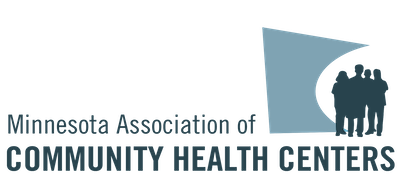Fostering Trauma-Responsive Practices in Minnesota
The Minnesota Department of Health (MDH) Children and Youth with Special Health Needs (CYSHN) is seeking proposals from qualified applicant organizations for a grant program focused on building trauma-responsive and healing-centered practices in health settings1 that serve children, adolescents, and their support systems.
The Fostering Trauma-Responsive Practices grant program empowers community-based partners to identify the needs around trauma-responsive care in these settings and lead the development, delivery, evaluation, and sustainability of solutions. Grantees will create tools, resources, and projects that use evidence-based, emerging, and promising practices to build the confidence, competence, and capacity of health professionals. These efforts will focus on providing trauma-responsive, resilience-oriented, and culturally responsive care, with particular attention to mental health conditions or illnesses often overlooked in traditional trainings. The program also recognizes the importance of addressing not only the needs of children, adolescents, and their support systems, but also the secondary and vicarious trauma experienced by health professionals serving these populations.
Eligible applicants can include community-based nonprofit and for-profit organizations; government entities or Tribal Governments; clinics and hospitals; community health or public health organizations; quality improvement organizations; professional provider associations; and institutes of higher education. Desired skills and experience of applicant include:
Community Engagement and Partnership Development: Experience working with community-based partners to identify needs and co-develop trauma-responsive solutions. Ability to foster collaborative relationships and build trust with children, adolescents, and families.
Expertise in Trauma-Responsive and Mental Health Practices: Subject matter expertise in trauma-informed and trauma-responsive care, mental health treatment, and change management.
Training and Facilitation: Ability to develop and deliver effective, culturally relevant training and resources to build trauma-responsive practices within health settings.
Evaluation and Reporting: Skills in measuring the impact of projects and providing, clear, concise reports on outcomes.
Adaptability: Ability to adjust strategies based on community needs and feedback.
Applications are due November 25, 2024
